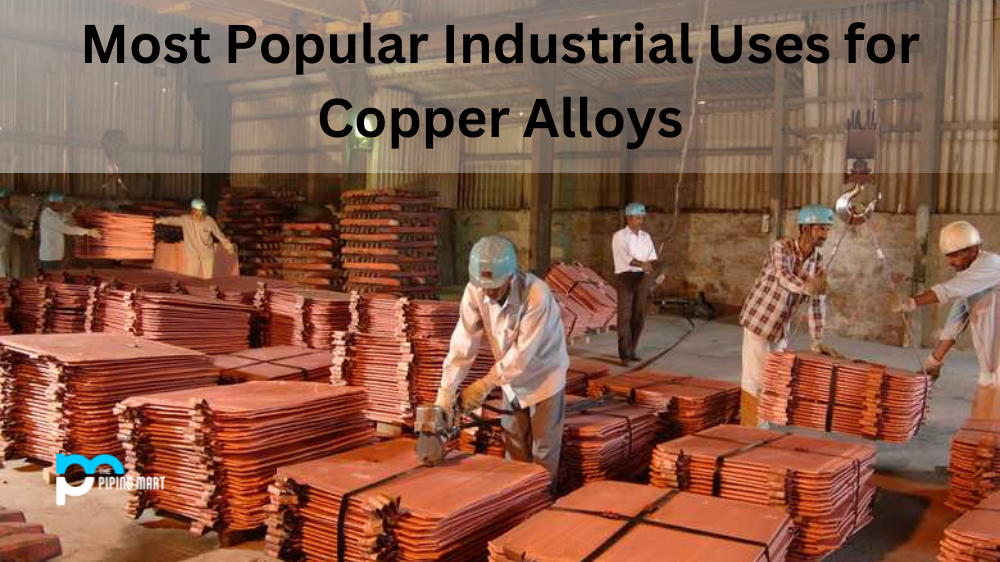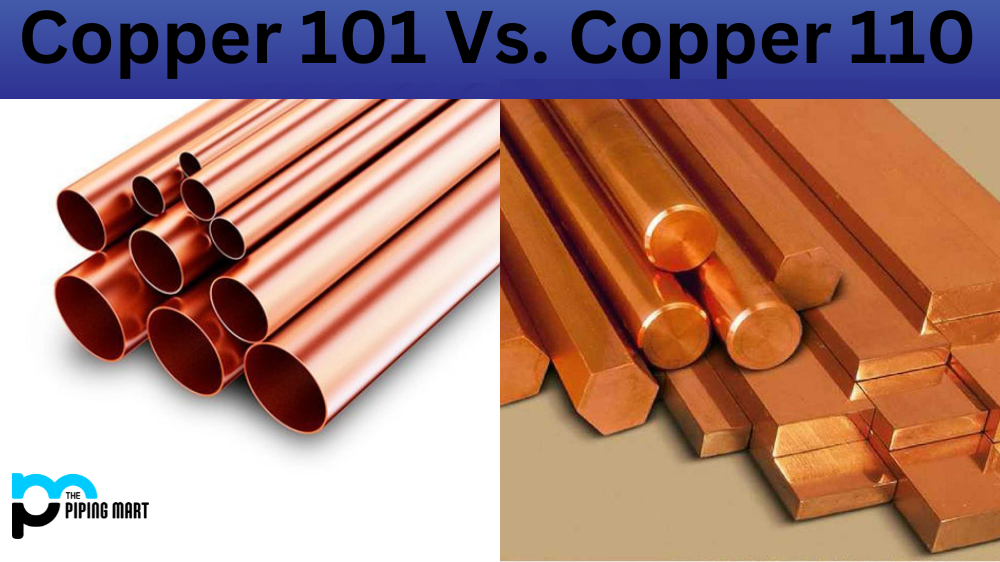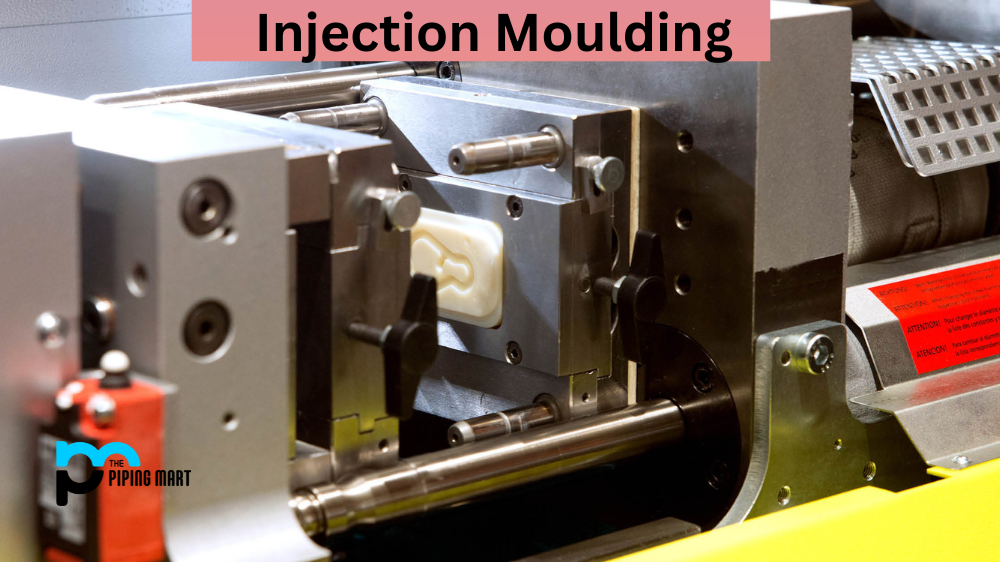Industrial uses for copper alloys are vast and varied. Some of the more common applications include use in electrical wiring, roofing, plumbing, and automobile manufacturing. Copper alloys are also often used in sculptures and other artwork. While each application has its specific benefits, copper alloys overall provide several advantages that make them an appealing choice for many industrial applications. Some of these advantages include strength, corrosion resistance, and flexibility. Copper alloys are also non-toxic and recyclable, making them an environmentally friendly option. In addition to these factors, copper alloy prices remain relatively stable compared to other materials, making them a cost-effective option as well. These factors make copper alloy a popular choice for many industrial applications.
Copper brazing rods use
Copper brazing rods offer a convenient and effective solution for many industrial welding projects. In addition to the traditional uses of joining die castings and other objects with copper alloys, copper brazing rods are used in plumbing, air conditioning components, automotive parts, appliances, and jewelry making. Copper brazing rods also have high flexibility and strength, which makes them suitable for use in deep-seated joints, corners, and grooves. This is because the temperature range of copper brazing rods is much higher than that of other welding materials, and it can be easily shaped, allowing it to fit into almost any space. With so many versatile applications for connecting metal components, it’s clear why so many professionals rely on copper brazing rods.
Copper foil tape uses
Copper foil tape is an incredibly versatile material with an amazing range of uses – from general craftwork to engineering. Its unique combination of malleability, strength, and electrical conductivity makes it ideal for many projects. Copper foil tape can be used to add stylish finishes to cards and artwork, unify circuits, repair patchy audio signals due to poor wiring, mend cracked screens on cell phones or tablets, act as a soldered link between two points on a circuit board, form a seal against electromagnetic interference (EMI) and radio frequency interference (RFI), create speaker grilles for a home theatre system or auto-stereo setup, assist in the installation of lightning protection systems in homes and buildings, shield electric power transformers from direct exposure to wind and dust storms…the possibilities are nearly endless!
Copper rods uses
Copper rods are incredibly versatile and have several different uses. In the automotive industry, copper rods are popularly used for welding areas that require high durability. These welding applications typically involve engine components and transmissions, making them crucial for ensuring overall vehicle safety. Additionally, copper rods have also been used in electrical wiring as a highly conductive material. Finally, in the medical industry, copper rods can be used to produce medical equipment, including beta radiation shields, due to their relatively soft malleability. From automotive parts to electrical wiring to medical equipment, there is no shortage of unique uses for copper rods.
Copper washers uses
Copper washers are handy little tools that have numerous uses around the home and in commercial settings. They are most commonly used as flat rings with an interior hole for a screw, bolt, or another fastener to pass through. This allows for an even distribution of force and tight, secure connections when joining two components. Copper washers can also be used to prevent galvanic corrosion between two dissimilar metals, such as aluminum or brass, since copper has natural properties that inhibit oxidation. In addition, they help protect fragile materials like wood from damage due to sharp edges or uneven surfaces around bolts. Copper washers may seem small and insignificant, but they can be life savers when it comes to making sure important connections in the home and workplace stay strong and secure.
Copper boilers uses
Copper boilers are an excellent choice for those looking for reliable and efficient methods of heating. With high thermal conductivity ratings, copper boilers transfer heat quickly and evenly; additionally, they can retain heat longer than some other materials. Copper is also corrosion-resistant, so it generally needs very little maintenance over its lifetime. Copper boilers are suited for use in industrial applications like heating workshops and greenhouses, as well as residential uses such as hot water tanks. In either case, they provide an economical solution to heating a variety of different spaces.
Copper plates uses
Copper plates are an incredibly versatile material with a wide range of uses. From tableware and art installations to industrial component fabrication, the malleable properties and stunning color of copper make it an ideal choice for numerous endeavors. It is also prized for its capacity to conduct heat, making it an excellent option for cookware–try out a set of hammered antique copper pots in your kitchen and wow your guests with stylish results! Copper plates also provide unique electrical conductivity, which is why they are commonly used in heat exchangers or equipment used in motors, generators, heating systems, and air conditioning. These qualities, plus its durability, demonstrate the superb utility of this multi-faceted material!
Conclusion:
These are some of the widespread industrial uses for copper alloys. Different types of businesses and industries use them because they offer unique benefits that other materials cannot provide. For example, thanks to its excellent thermal conductivity, high electrical conductivity, and corrosion resistance, copper is ideal for electrical applications. If you’re looking for a reliable material for your next project, consider using one of these versatile copper alloys.

Pipingmart is a B2B portal that specializes in metal, industrial and piping items. Additionally, we share the latest information and information about materials, products and various types of grades to assist businesses that are involved in this business.




